LOGIQ Universal Support for Linux Ecosystem
Oracle License Compliance & Virtualization Platform by
Former Head of Oracle Linux Japan
LOGIQ goes beyond optimizing Oracle licenses—it helps mitigate the risk of future vendor lock-in while ensuring a flexible and sustainable infrastructure. This enables businesses to establish a strategic IT foundation that can swiftly adapt to growth.

 Japan
Japan Korea
Korea China
China Taiwan
Taiwan Vietnam
Vietnam Thailand
Thailand Indonesia
Indonesia Portugal
Portugal














